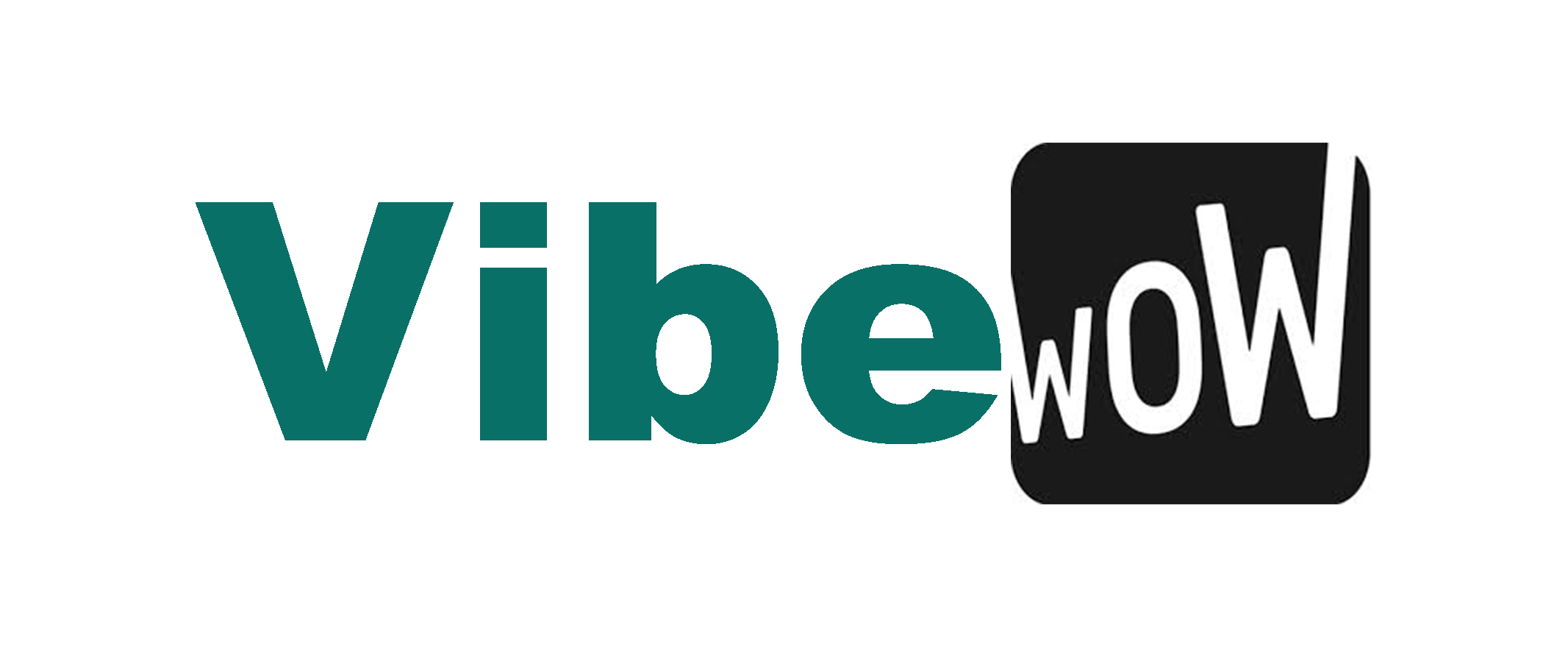There are multiple benefits to factoring your invoices, most significant being that factoring helps you increase your income for things like payroll, operating expenses, taking on new business and more. Additionally, a factoring company will provide back-office support by managing your collections on any invoices you’ve submitted for factoring.
The outcome, if a customer’s client (called a debtor) doesn’t pay one among those invoices, will depend upon the sort of factoring agreement you’ve got with the factoring company.
There are various sorts of factoring like recourse and non-recourse, advance and maturity, full factoring, disclosed and undisclosed, domestic and cross-border.
Non-recourse factoring is a type factoring facility during which the factoring company assumes the danger of non-payment if the customer doesn’t pay the invoice because of an insolvency during the factoring period.
The insolvency must happen during the factoring period, which is the 90 day period that starts when the factor purchases the invoice. If the insolvency happens after those 90 days, your company will usually not have the credit protection.
Also, most factoring contracts define the term “insolvency” as a declared bankruptcy and they will limit non-recourse agreements to debtors that have a good credit rating, meaning the debtors bad credits ratings (who are at the highest risk of non-payment) aren’t even eligible for non-recourse. Because non-recourse agreements typically have a higher factoring rate (sometimes by a full percentage), it is vital to determine whether the higher rate is well worth the cost. This definition is extremely important, because an organization might be unable to pay invoices without declaring bankruptcy.
There are factoring companies that provide more flexible non-recourse plans. Some go as far as assuming the risk of non-payment for an ant credit event, bankruptcy or not. If you’re trying to find a non-recourse plan, make certain to know how each factor offers their plans.
it’s important to take a seat down with a reputable factoring company to debate their terms. it’s going to be to your advantage to seek out a factor that gives both recourse and non-recourse factoring. A factoring company with a robust credit team also can assist you to avoid working with customers that have poor payment histories.
Regardless of the sort of account, a good factor will always make a diligent effort to collect on your invoices. Collection calls from the factor to a debtor should start 40 days after the invoice was sent and continue for several weeks. After 90 days, the factor may “recourse” the invoice back to you. The factor should, however, provide options for helping you cover the cost. The factor may withhold some of the future cash advances or deduct cash from your reserve fund. figuring out an unpaid invoice shouldn’t cause your company financial hardship, because it isn’t within the best interest for you or your factor.
The best option is for your company to have customers with good credit and solid payment histories. This permits you to pay lower fees for resource factoring without fear about the danger.



Stay connected